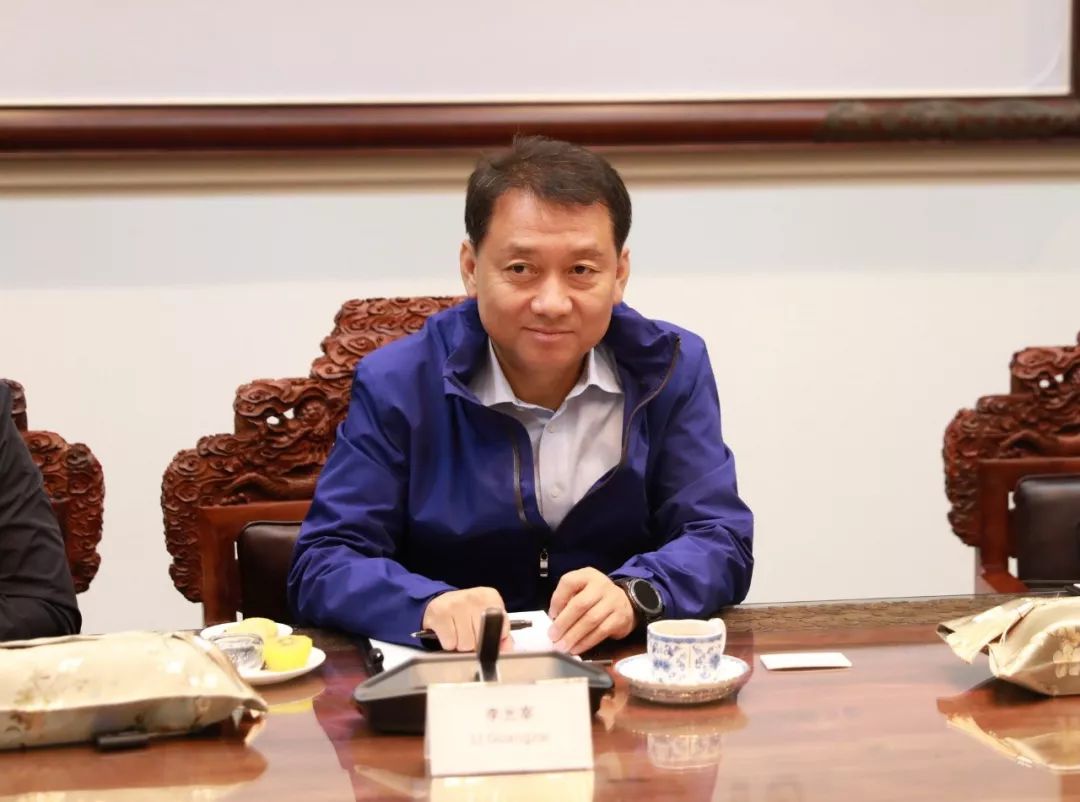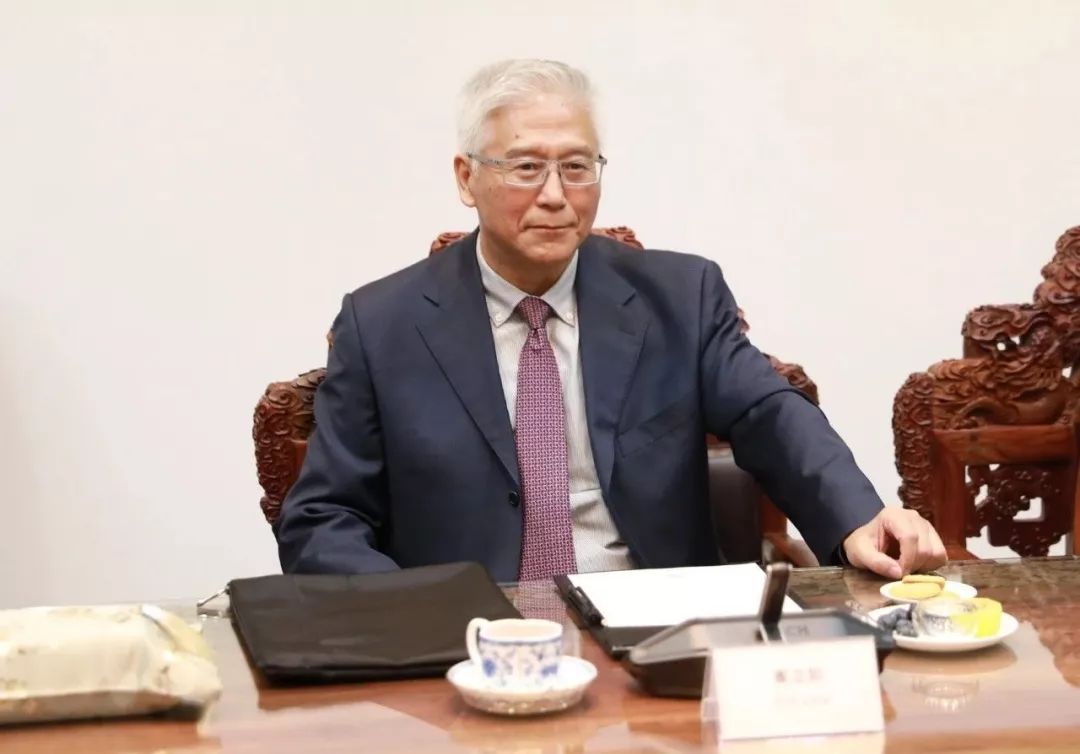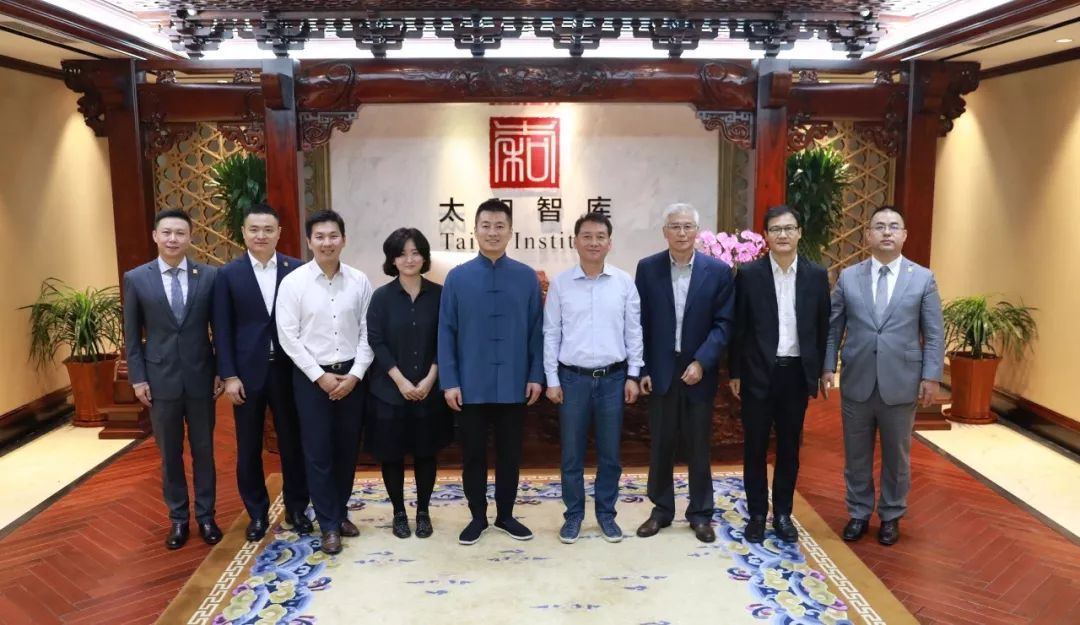On the morning of September 27th, 2018, Mr. Lee Kwang Jae, the former Head of the Tsingwatai State Affairs Office, former member of the Parliament and current Chairman of Yeosijae Future Consensus Institute, South Korea, attended a colloquium held by Taihe Institute, and exchanged opinions with researchers of Taihe on issues concerning Northeast Asia’s situation and regional stability, cooperation among think-tanks. The Yeosijae Future Consensus Institute, a nongovernmental think tank in South Korea, now mainly focuses on the three areas of "New Civilized City", "Northeast Asia Cooperation" and "Future Industrial Development of the Korean Peninsula".

Regarding the situation on the Korean Peninsula, Mr. Lee said that currently, the progressive forces advocating the promotion of North-South relations are dominant in South Korea, and this situation will last for a while. At present, both South Korea and North Korea are willing to maintain friendly relations. One of the main facators affecting the situation in the Korean Peninsula in the short term tends to be the mid-term elections and the domestic political trend in the United States. Lee pointed out that in the future, the United States will pay more attention to the situation in the Middle East and maintain a "containment but not completely containment" state with the DPRK, which gives South Korea more strategic space to think about how to achieve Sino-ROK cooperation. For Japan, it is necessary to consider how to reduce the obstacles of the Abe administration to Northeast Asia cooperation and bring Japan into the overall situation of the Northeast Asia cooperation. But this is a difficult task. Lee further suggested that China, the United States, Japan, and Russia should consider looking for more common interests. For example, they should consider connecting the “Belt and Road” with the Arctic Channel to form two wings---the Eurasian continent as the "left wing" and the North American continent as the "right wing" ---to create a "butterfly pattern" spanning across Eurasia and North America (Northeast Asia as the butterfly's body stays important), thereby promoting cooperation among China, South Korea, Japan and Russia in energy resources, logistics and transportation, industrial innovation, etc.. Mr. Lee said that he was looking forward to joint research with Taihe Institute on issues concerning "New Civilized City" and "Northeast Asia Cooperation".

Mr. CUI Liru, a senior researcher of the Taihe Institute who attended the meeting, believes that the current situation in Northeast Asia is tending towards stability, in which the President Moon Jae-in has played an active role. President Moon’s visit to the DPRK along with his publication of the “Pyongyang Declaration” is a significant historic event. What has been done between the DPRK and the ROK, especially what has been done by the President Moon, is already the best effort under the framework of the ROK-US relation, but the key to solving the problem still lies in the formation of substantive interaction between the United States and the DPRK. At present, the world is increasingly integrated, and countries are interdependent and interconnected in many aspects, such as economy, trade, finance and Internet. However, international politics lags far behind these developments. This phenomenon is commonly reflected in major countries and regions around the world. It shows that how to change the incompatibility of the international political level remains a big problem. On the diplomatic level, the strategic competition between China and the United States has become increasingly prominent and the US-Russia relationship has dropped to a low point. Trump's foreign policy of "American First" will lead to the blockade for the vision of cooperation by the high wall of political reality. The situation will continue for a considerable period of time in the future. We should not only yearn for a bright future, but also work to solve the current problems. As for the issue of conducting research cooperation, PENG Binge, Chairman of the Taihe Institute, said that Taihe is an independent, objective and world-oriented Chinese nongovernmental think tank. It will adhere to an open-minded attitude of learning and conduct sincere and fruitful cooperation with domestic and foreign research institutions.

China plays a significant role in Northeast Asia. Promoting communication and cooperation among all parties concerned is an important way to maintain regional safety and stability and build "a community of shared future for mankind". In the future, the Taihe Institute will further cooperate with influential organizations at home and abroad, so as to build a broader and diversified platform for promoting regional peace and win-win cooperation.
—————————————————————
FOCUS ON CONTEMPORARY NEEDS.
Should you have any questions, please contact us at public@taiheglobal.org